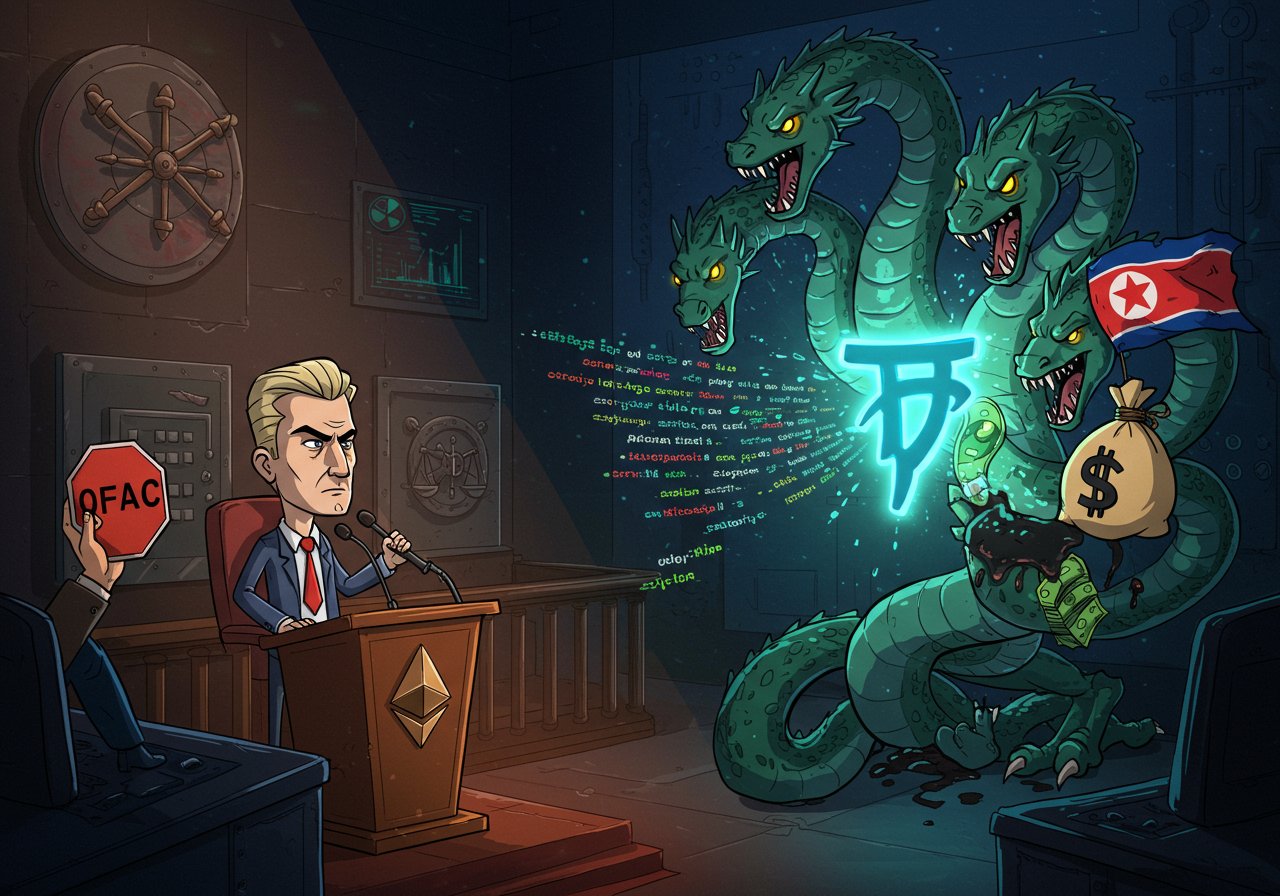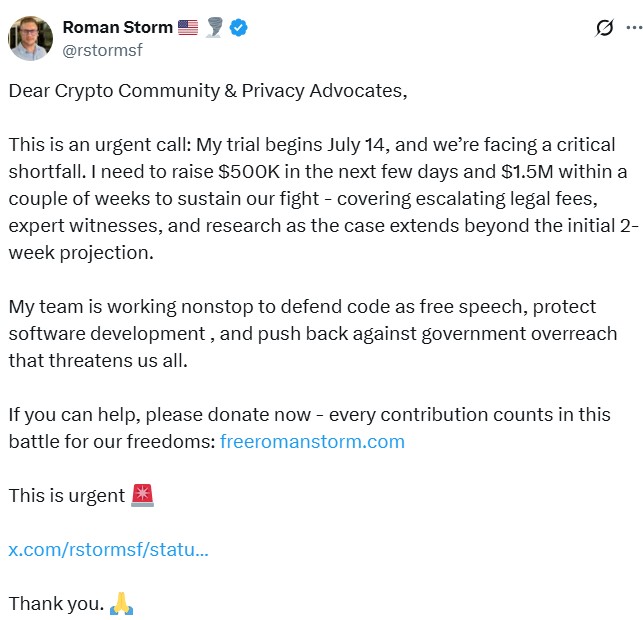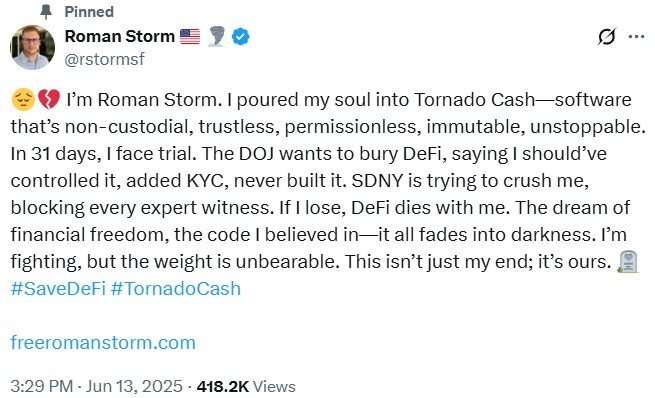
The Roman Storm Case: A Crucible for Crypto Developers
The crypto world is holding its breath as Roman Storm, a co-founder of Tornado Cash, faces a trial in the Southern District of New York (SDNY). The charges against him are severe, potentially leading to decades in prison, and at their core, this trial isn’t just about money laundering. It’s a battleground for the very definition of decentralized finance (DeFi) and the legal rights of open-source code developers. The case pivots on whether Storm’s role in creating Tornado Cash, a protocol designed to anonymize blockchain transactions, constitutes criminal activity.
The prosecution’s case could hinge on demonstrating that Storm had a level of control or knowledge that transcends simply writing and publishing code. Crucially, the prosecution will have to prove that Storm acted with criminal intent.

The Defense: Code as Speech and Decentralization
Storm’s defense is centered on the argument that Tornado Cash is a decentralized, immutable protocol, and that Storm no longer controlled it. They claim that he merely wrote and published open-source code, which is protected speech under the First Amendment. The defense will likely emphasize that Storm’s involvement was limited to coding and that he didn’t run a business, offer a service, or manage customers. His legal team, comprised of experienced crypto defense attorneys, are preparing to argue that Storm can’t be held responsible for the actions of a decentralized protocol.

The Broader Implications: A Test for DeFi‘s Future
The outcome of this trial has profound implications for the entire crypto space. A guilty verdict could set a precedent, chilling innovation by making developers of privacy-focused tools legally vulnerable for how their code is used. A win for Storm, however, could bolster the argument that writing open-source code is not, in itself, a crime. This case could influence similar legal battles, including the ongoing appeal of Tornado Cash co-founder Alexey Pertsev in the Netherlands.
The Intersection of Law and Code
This case exemplifies the challenges of applying existing legal frameworks to the rapidly evolving world of cryptocurrencies. The courts are being asked to define the legal boundaries of decentralized technologies, grappling with questions of control, responsibility, and the very nature of code. The trial‘s outcome will not only impact Roman Storm’s future but could shape the legal landscape for developers and users of decentralized technologies for years to come. Furthermore, the case could significantly affect privacy-focused tools and the use of cryptocurrencies, potentially influencing how regulators view DeFi in the future.
Developments to Watch
One crucial aspect will be whether the court allows evidence of US sanctions against Tornado Cash. Judge Katherine Failla has already expressed a potential inclination to exclude this evidence. The legal team’s defense is also likely to leverage the “Blanche Memo,” which directs prosecutors to avoid pursuing regulatory charges against developers of open-source tools without clear criminal intent. Regardless of the outcome, the Roman Storm trial will be a landmark moment for the crypto industry and a crucial test of the legal system’s ability to adapt to decentralized technologies.





